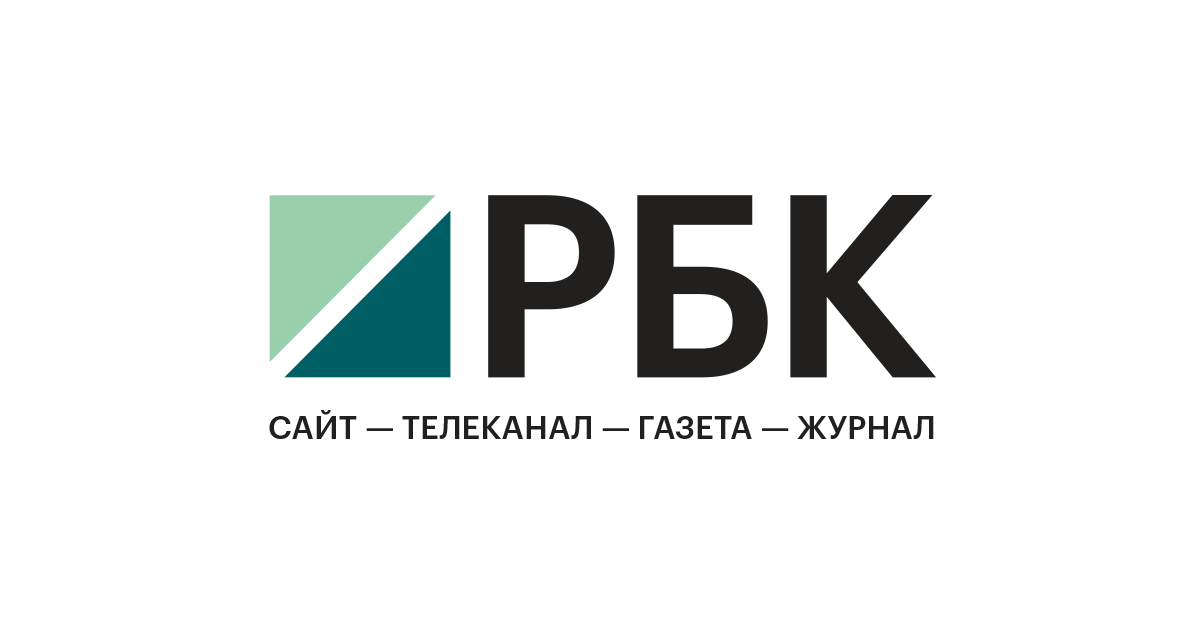The Silent Blockade: How U.S. Banks Are Shutting Out Russian Clients
August 17, 2024, 4:34 am

Location: United States, California, San Francisco
Employees: 1-10
In the world of finance, the invisible lines drawn by geopolitics can have tangible effects. Recently, a troubling trend has emerged: U.S. banks are blocking accounts of Russian clients based on their IP addresses. This practice, rooted in compliance with sanctions, raises questions about fairness, legality, and the future of banking relationships.
Imagine a digital fortress. U.S. banks, once open to a global clientele, are now tightening their gates. Reports indicate that several major banks have begun to block transactions from clients accessing their accounts from Russian IP addresses. This is not a sudden shift but a gradual tightening over the past year and a half. The financial landscape is changing, and the stakes are high.
The mechanism is simple yet effective. When a client logs into their bank account from Russia, the bank’s system detects the IP address. If it matches a Russian location, the account is flagged. This is a precautionary measure, driven by fears of non-compliance with U.S. sanctions. The implications are significant. Clients find themselves locked out of their accounts, unable to access their funds or conduct transactions.
The trend has been particularly pronounced among larger banks, such as Wells Fargo. These institutions are erring on the side of caution, implementing what experts call "overcompliance." This term refers to the practice of going beyond the minimum requirements of the law, often leading to unintended consequences. In this case, it means denying services to clients who may not pose any real risk.
Legal experts highlight that this practice is rooted in Executive Order 14071 and guidance from the Office of Foreign Assets Control (OFAC). These regulations prohibit financial services to individuals located in Russia. However, the definition of "individuals in Russia" is broad. It focuses on location rather than citizenship. This means that even American citizens residing in Russia could find themselves caught in this web of restrictions.
The situation is further complicated by the fact that not all of Russia is treated equally under U.S. sanctions. While regions like Crimea, Donetsk, and Luhansk are clearly under sanctions, the rest of the country is not explicitly designated as a high-risk area. Yet, banks are acting as if it is. This creates a paradox where clients who may have legitimate reasons for accessing their accounts from Russia are penalized.
Clients are left in a state of confusion. Many have been using American banking services for years, only to find their accounts suddenly blocked. Some legal professionals argue that banks should be more transparent about their policies. Clients deserve to know why their access is restricted and what they can do to rectify the situation.
The financial industry is not without its challenges. Banks face significant risks if they fail to comply with sanctions. The fear of hefty fines and reputational damage looms large. This fear drives them to implement strict measures, often at the expense of customer service. The balance between compliance and customer relations is delicate, and many banks are choosing compliance.
Interestingly, not all banks are following this trend. Some institutions have reported no issues with clients accessing their accounts from Russia. This discrepancy raises questions about the consistency of practices across the banking sector. It also highlights the need for a clearer framework regarding how banks should handle clients in ambiguous situations.
The consequences of these actions extend beyond individual clients. They impact the broader relationship between the U.S. and Russia. Financial institutions are often seen as bridges between nations. When these bridges are dismantled, it creates an atmosphere of distrust. The potential for economic collaboration diminishes, and the divide between the two countries widens.
Moreover, this situation is not unique to Russian clients. Similar practices have been observed with clients of Iranian descent or those from other sanctioned countries. The ripple effects of U.S. sanctions are felt globally, as banks become increasingly cautious about their international dealings. This trend could lead to a more fragmented financial system, where clients are left scrambling for alternatives.
As the world becomes more interconnected, the implications of these banking practices will continue to unfold. The digital age has made it easier for banks to monitor and control access to accounts. However, it has also raised ethical questions about fairness and discrimination. Should a client be penalized for their location, especially when they have legitimate ties to the bank?
In conclusion, the blocking of accounts based on IP addresses is a symptom of a larger issue. It reflects the complexities of navigating a world rife with sanctions and compliance challenges. As U.S. banks tighten their grip, clients are left to navigate a maze of restrictions. The future of banking in a globalized world hangs in the balance, and the need for clarity and fairness has never been more pressing. The digital fortress may protect banks, but it also risks isolating clients in an increasingly interconnected world.
Imagine a digital fortress. U.S. banks, once open to a global clientele, are now tightening their gates. Reports indicate that several major banks have begun to block transactions from clients accessing their accounts from Russian IP addresses. This is not a sudden shift but a gradual tightening over the past year and a half. The financial landscape is changing, and the stakes are high.
The mechanism is simple yet effective. When a client logs into their bank account from Russia, the bank’s system detects the IP address. If it matches a Russian location, the account is flagged. This is a precautionary measure, driven by fears of non-compliance with U.S. sanctions. The implications are significant. Clients find themselves locked out of their accounts, unable to access their funds or conduct transactions.
The trend has been particularly pronounced among larger banks, such as Wells Fargo. These institutions are erring on the side of caution, implementing what experts call "overcompliance." This term refers to the practice of going beyond the minimum requirements of the law, often leading to unintended consequences. In this case, it means denying services to clients who may not pose any real risk.
Legal experts highlight that this practice is rooted in Executive Order 14071 and guidance from the Office of Foreign Assets Control (OFAC). These regulations prohibit financial services to individuals located in Russia. However, the definition of "individuals in Russia" is broad. It focuses on location rather than citizenship. This means that even American citizens residing in Russia could find themselves caught in this web of restrictions.
The situation is further complicated by the fact that not all of Russia is treated equally under U.S. sanctions. While regions like Crimea, Donetsk, and Luhansk are clearly under sanctions, the rest of the country is not explicitly designated as a high-risk area. Yet, banks are acting as if it is. This creates a paradox where clients who may have legitimate reasons for accessing their accounts from Russia are penalized.
Clients are left in a state of confusion. Many have been using American banking services for years, only to find their accounts suddenly blocked. Some legal professionals argue that banks should be more transparent about their policies. Clients deserve to know why their access is restricted and what they can do to rectify the situation.
The financial industry is not without its challenges. Banks face significant risks if they fail to comply with sanctions. The fear of hefty fines and reputational damage looms large. This fear drives them to implement strict measures, often at the expense of customer service. The balance between compliance and customer relations is delicate, and many banks are choosing compliance.
Interestingly, not all banks are following this trend. Some institutions have reported no issues with clients accessing their accounts from Russia. This discrepancy raises questions about the consistency of practices across the banking sector. It also highlights the need for a clearer framework regarding how banks should handle clients in ambiguous situations.
The consequences of these actions extend beyond individual clients. They impact the broader relationship between the U.S. and Russia. Financial institutions are often seen as bridges between nations. When these bridges are dismantled, it creates an atmosphere of distrust. The potential for economic collaboration diminishes, and the divide between the two countries widens.
Moreover, this situation is not unique to Russian clients. Similar practices have been observed with clients of Iranian descent or those from other sanctioned countries. The ripple effects of U.S. sanctions are felt globally, as banks become increasingly cautious about their international dealings. This trend could lead to a more fragmented financial system, where clients are left scrambling for alternatives.
As the world becomes more interconnected, the implications of these banking practices will continue to unfold. The digital age has made it easier for banks to monitor and control access to accounts. However, it has also raised ethical questions about fairness and discrimination. Should a client be penalized for their location, especially when they have legitimate ties to the bank?
In conclusion, the blocking of accounts based on IP addresses is a symptom of a larger issue. It reflects the complexities of navigating a world rife with sanctions and compliance challenges. As U.S. banks tighten their grip, clients are left to navigate a maze of restrictions. The future of banking in a globalized world hangs in the balance, and the need for clarity and fairness has never been more pressing. The digital fortress may protect banks, but it also risks isolating clients in an increasingly interconnected world.
